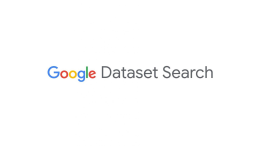Communications in Transportation Research was launched in 2021, with academic support provided by Tsinghua University and China Intelligent Transportation Systems Association. The Editors-in-Chief are Professor Xiaobo Qu, a member of the Academia Europaea from Tsinghua University and Professor Shuai’an Wang from Hong Kong Polytechnic University. The journal mainly publishes high-quality, original research and review articles that are of significant importance to emerging transportation systems, aiming to become an international platform and window for showcasing and exchanging innovative achievements in transportation and related fields, to promote the exchange and development of transportation research between China and the international academic community. It has been indexed in SCIE, SSCI, ESCI, Ei Compendex, Scopus, DOAJ, TRID and other databases. On June 20, 2024, Communications in Transportation Research achieved its first Impact Factor of 12.5, ranking it top in the "TRANSPORTATION" category (1/58, Q1), and its 2023 CiteScore of 15.2 places it in the top 5% of journals in the Scopus database.



 Global
Global 



